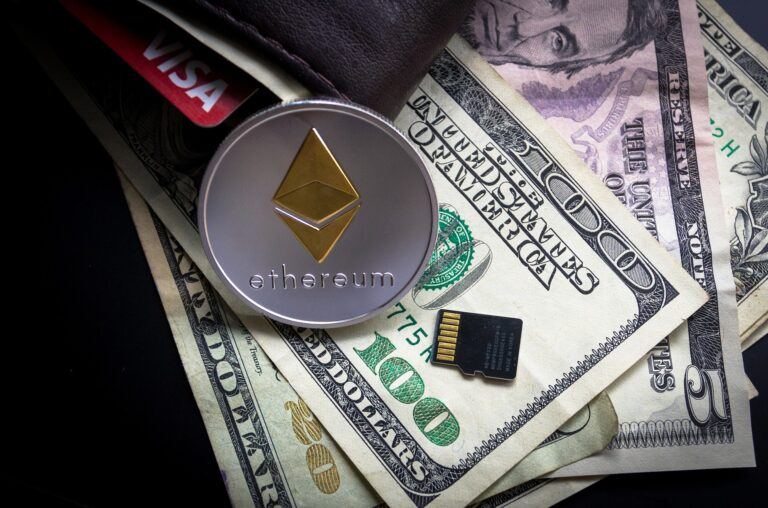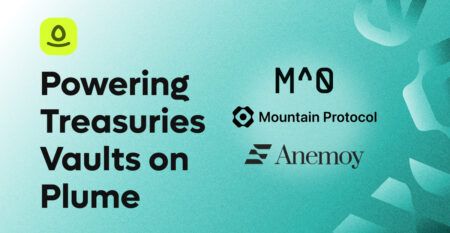In a recent report titled “Get Smart on Smart Contract Platforms”, cryptoasset manager Grayscale Investments compared Ethereum to New York City.
Grayscale’s report, which was published last month, said that Dragonfly Research had “pioneered a useful framework for understanding blockchains by comparing blockchains to cities, the thesis being that blockchains are similar to cities in that each chain is a physically constrained network that prioritizes different features.”
Grayscale was referring to a Medium blog post by Dragonfly Research that was published on January 18. In the Dragonfly report, Haseeb Qureshi said that although “People usually describe L1 blockchains as networks,” networks are “the wrong analogy for blockchains” since “blockchains are physically constrained.”
Qureshi went on to say that in fact “smart contract chains are more like cities.” He then explained that under this framework, you could say that Ethereum is New York City:
“Sure, New York is a happening place! It has all the biggest banks, the most billionaires, the hottest brands and celebrities. In the same way, Ethereum has all the biggest DeFi protocols, the most TVL, the hottest DAOs and NFTs.
“But it’s expensive. If you’re an up-and-comer, you’re priced out. Maybe if you bought assets early, you could’ve gotten rich. But today, the prices will eat you alive, and there’s just not enough room to fit everyone. The billionaires might be fine, but the next generation will have to go elsewhere.“
He then said that there are paths to scaling up a city:
- path 1: “build up” (“L2 and rollups are the blockchain equivalent of skyscrapers. Each rollup is like a vertical blockchain that extends from the ground L1. There’s a lot of headroom in a rollup! But to visit one rollup from another, you have to exit to Ethereum down below and deal with its underlying traffic.“)
- path 2: “‘interoperability networks’ like Polkadot or Cosmos“
- path 3: “build another one” (a couple of examples are Solana and Avalanche)
Here is what the Grayscale report said about Ethereum and Polygon:
“Ethereum is like New York City: it is vast, expensive, and congested in certain areas. However, it also features the richest application ecosystem, with over 500 apps that command a total value of over $100 billion—more than 10x larger than any other competing network.
“While using the network is expensive, users and developers take comfort that Ethereum will likely continue to be the center of gravity for application innovation and liquidity due to the size of its community and the amount of capital locked into the network’s smart contracts.
“An L2 solution like Polygon is comparable to a skyscraper in NYC: it scales by building upwards. Polygon combines and settles many transactions internally first before settling back on Ethereum’s base chain, giving users both the security of Ethereum’s base layer and the low fees of a centralized chain.“
Disclaimer
The views and opinions expressed by the author, or any people mentioned in this article, are for informational purposes only, and they do not constitute financial, investment, or other advice. Investing in or trading cryptoassets comes with a risk of financial loss.
Image Credit
Featured Image by “WorldSpectrum” via Pixabay.com







